carbon tax vs cap and trade pros and cons
Although no option dominates the others a key finding is that exogenous emissions pricing whether through a carbon tax or through the hybrid option has a number of important attractions over pure cap and trade. I believe carbon taxes are the better of the two options because it is simple and immediately causes companies and individuals of ways to reduce fuel and energy consumption.
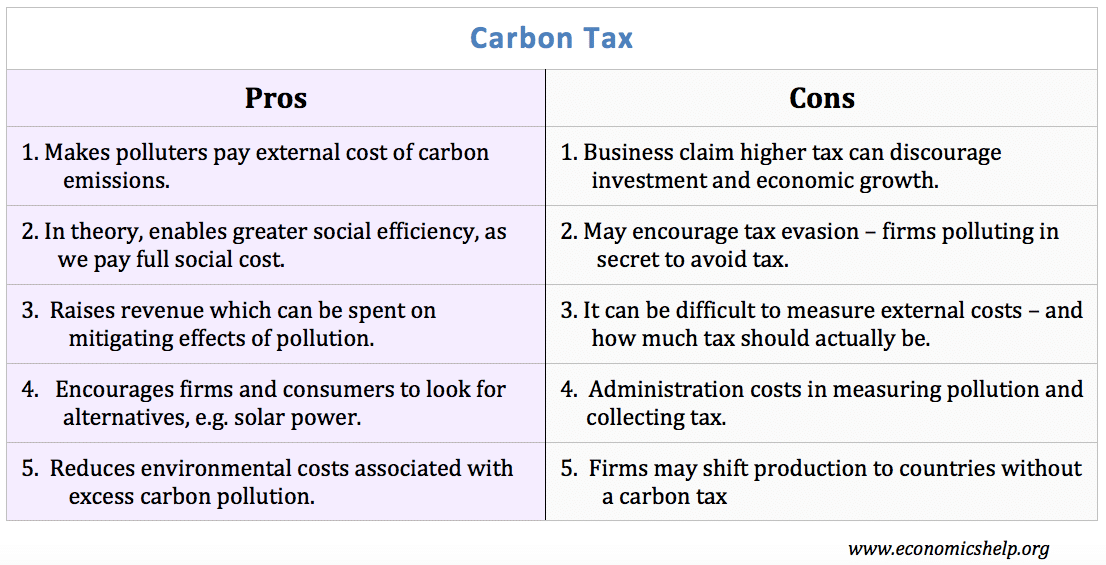
Carbon Tax Pros And Cons Economics Help
A carbon tax is often presented as a main alternative to cap and trade.
/GettyImages-97615566-5b58f1ddc9e77c00713cdd3c.jpg)
. Cap-and-trade has one key environmental advantage over a carbon tax. Taken where we have discussed cap trade vs. Each approach has its vocal supporters.
One advantage of a carbon tax would be higher emission reductions than from other policies at the same price. Comparison of Carbon Tax and Cap Trade. Depending on incentives and economic need both cap-and-trade and carbon tax can be effective ways to price carbon.
A carbon tax has a major advantage over cap-and-trade and a hybrid version because it allows for carbon price certainty is less costly to administer and is a substantial source of revenue. A government entity sets a limit cap on the amount of a pollutant such as carbon dioxide or another greenhouse gas. Cap and trade.
Both the carbon tax and the ETS reduce emissions by putting a cost on carbon emissions. Comparison of Carbon Tax and Cap. A tax provides cost certainty by setting a fixed cost on emissions whereas cap-and-trade delivers emissions certainty by establishing a declining emissions limit based on an assessment of the reductions level.
A carbon tax is a simpler blunter tool which is easier to administer and regulate. Cap-and-trade sets the quantity of emissions reductions and lets the. Carbon taxes vs.
A carbon tax sets the price of carbon dioxide emissions and allows the market to determine the quantity of emission reductions. Carbon taxes makes emitting carbon dioxide more expensive. Entities that have an overall increase in sequestered carbon may be eligible to sell the extra as carbon credit trade.
A cost is added to all emissions equal to the level of the tax and this causes people to cut back. I believe carbon taxes are the better of the two options because it is simple and immediately causes companies and individuals of ways to reduce fuel and energy consumption. However they do it in slightly different ways.
Plus some conservatives may be attracted to a carbon tax as an alternative to more EPA regulations. Simply put the less fossil fuel used the less the tax affects the company. November 2019 Paper There is widespread agreement among economists and a diverse set of other policy analysts that at least in the long run an economy-wide carbon-pricing system will be an essential element of any national policy that can achieve meaningful reductions of CO2 emissions costeffectively in the United States and many other countries.
When this happens the cost of abatement. It provides more certainty about the amount of emissions reductions that will result and little certainty about the price of emissions which is set by the emissions trading market. Carbon sequestration commonly occurs in agriculture via an increase in.
A carbon tax could force businesses and citizens to cut back carbon-intensive services and goods. Now that weve explored both the option of implementing a carbon tax for emissions or regulating them under a cap and trade scheme lets take a closer look at what the differences are. Carbon taxes and cap-and-trade schemes are two ways to put a price on carbon pollution each with its own pros and cons Skip to.
Proponents of cap and trade argue that it is a palatable alternative to a carbon tax. With a cap-and-trade system there is a possibility for firms to exaggerate the cost to trade units. There is no cap on emissions in a.
A carbon tax is sort of the opposite. If combined hybrid models have the potential to mitigate the disadvantages of both. No matter how much gets emitted a carbon tax makes the emission the same.
This can be implemented either through a carbon tax known as a. Both measures are attempts to reduce environmental damage without causing undue economic hardship to the industry. Several analyses have claimed that a carbon tax is superior to cap and trade in terms of the ability to achieve a fair distribution of the policy burden between polluters firms and consumers to preserve international competitiveness or to avoid problems associated with.
Those supporting a carbon tax argue that it is a better approach because it is. It could start a race for lower emissions technologies which would give energy companies an edge on competitors. The downside is that you need to guess how high to.
Stavins1 Harvard Kennedy School This paper compares the two major approaches to carbon pricing carbon taxes and cap and trade in the context of a possible future climate policy and does so. Beyond helping prevent price volatility and reducing expected policy errors in the face of uncertainties exogenous pricing helps avoid. A core difference between these approaches involves the issue of certainty.
Essentially a carbon tax sets a fixed price for carbon emissions while the ETS sets a fixed quantity of emissions. A carbon tax might lead me to insulate my home or refrain from heating under-occupied rooms thus reducing emissions at a lower cost than by using expensive electricity generated from green sources. Theory and practice Robert N.
Those in favor of cap and trade argue that it is the only approach that can guarantee that an environmental objective will be achieved has been shown to effectively work to protect the environment at lower than expected costs and is politically more attractive. The pros and cons of both approaches are neatly summarized in a May 7 posting at the Yale Environment 360 website. Emissions trading or cap-and-trade CAT and a carbon tax are fundamentally different tools to limit the effects of using fossil fuels.
However a cap-and-trade policy offers its own advantages in that emissions allowances can be allocated so as to minimize the policys negative effects on competitiveness and prevent. Yale Environment 360 Editor Roger Cohn asked eight climate policy experts all favoring controls but differing on cap-and-trade versus taxes to spell out their positions. I believe both systems have their merits and utilizing either one would positively affect climate change and the economy.
Economists love discussing the pros and cons of a carbon tax versus the cap-and-trade system.

Carbon Tax Pros And Cons Economics Help

Cap And Trade Vs Carbon Tax Youtube

Climate Change Economics And Policy At The 49th Parallel
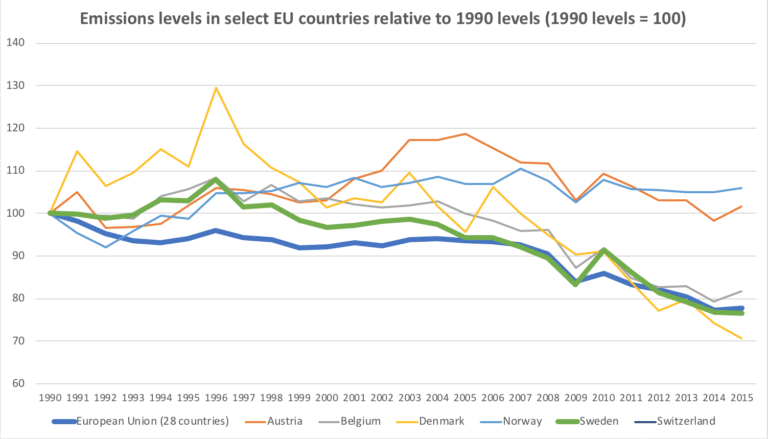
Carbon Tax Pros And Cons Economics Help
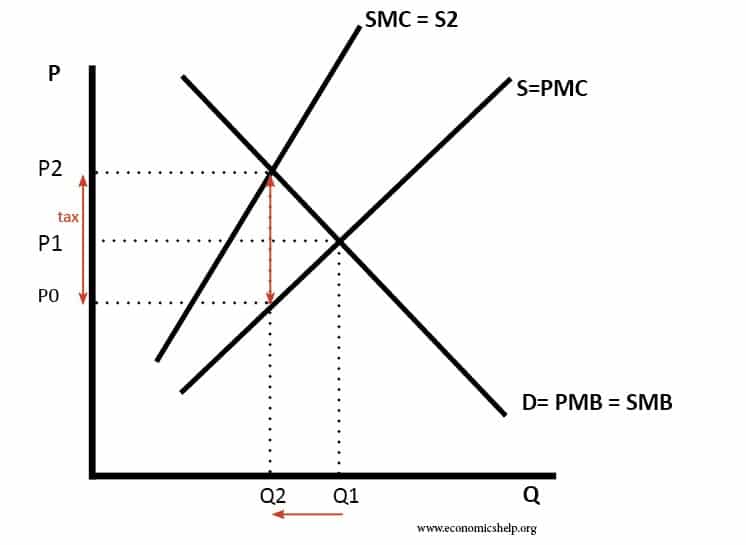
Carbon Tax Pros And Cons Economics Help
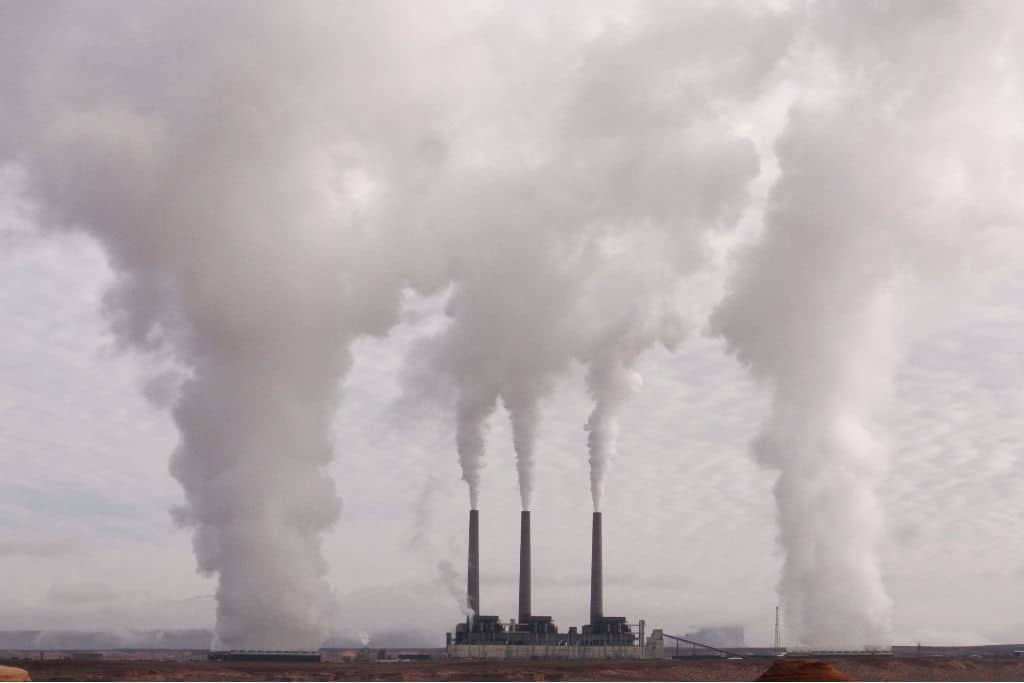
Cap And Trade Vs Carbon Tax Earth Org Past Present Future
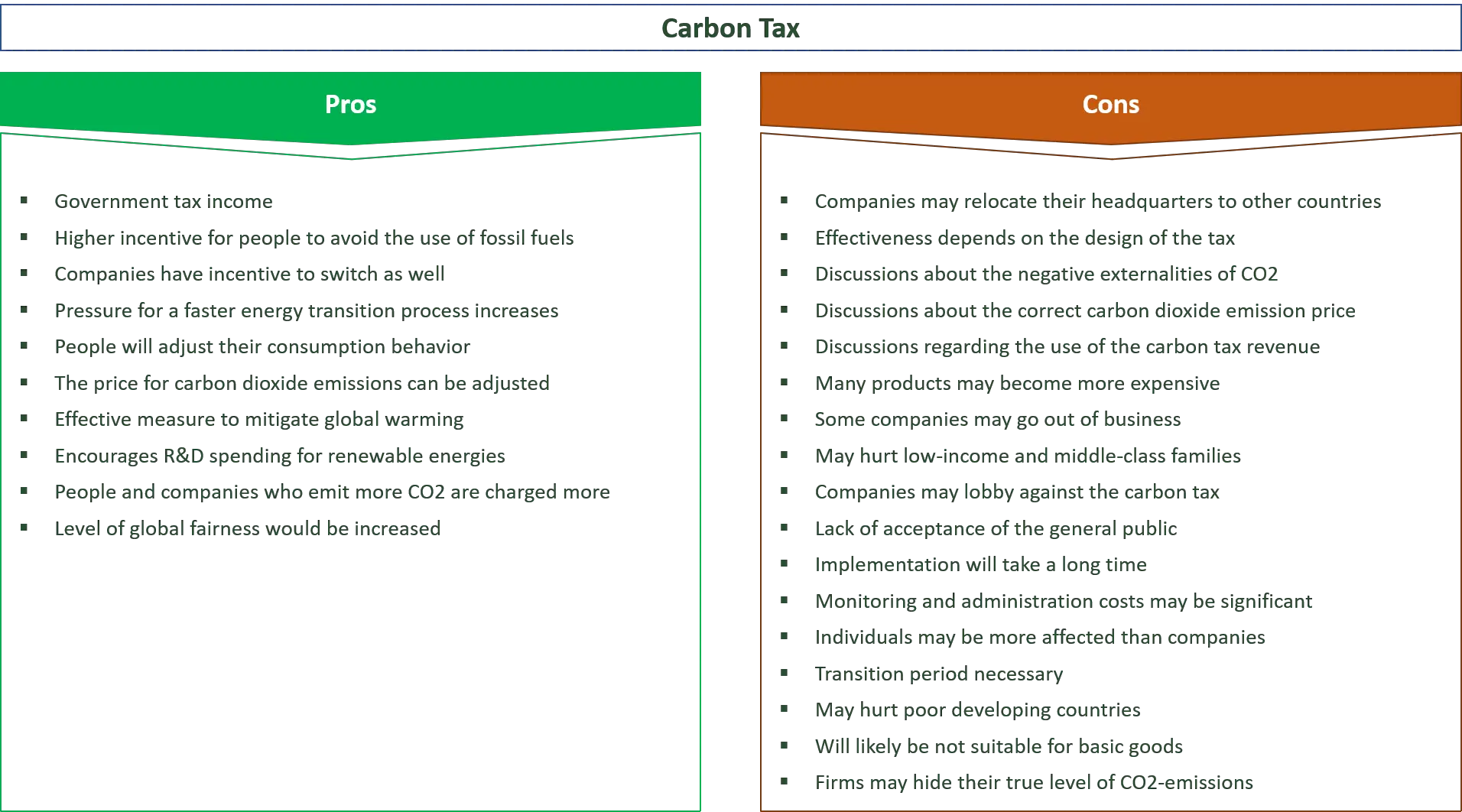
27 Main Pros Cons Of Carbon Taxes E C
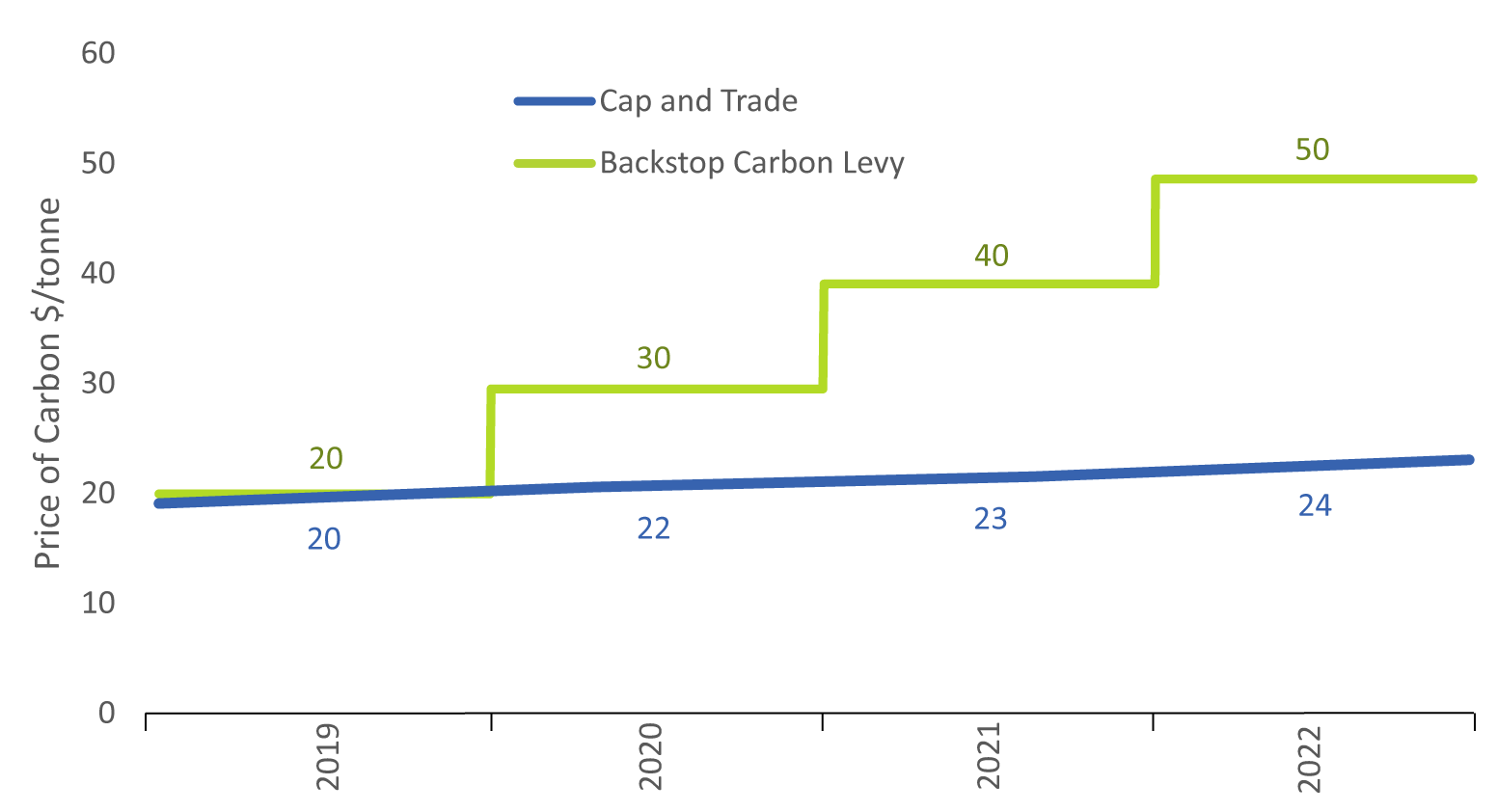
Cap And Trade A Financial Review Of The Decision To Cancel The Cap And Trade Program
/GettyImages-97615566-5b58f1ddc9e77c00713cdd3c.jpg)
Carbon Tax Definition How It Works Pros Cons
/arc-anglerfish-tgam-prod-tgam.s3.amazonaws.com/public/NQJIAO7FVFDQDLOXADS34CHSXM.JPG)
The Pros And Cons Of Market Based Environmental Policies By Kenneth Andres Medium
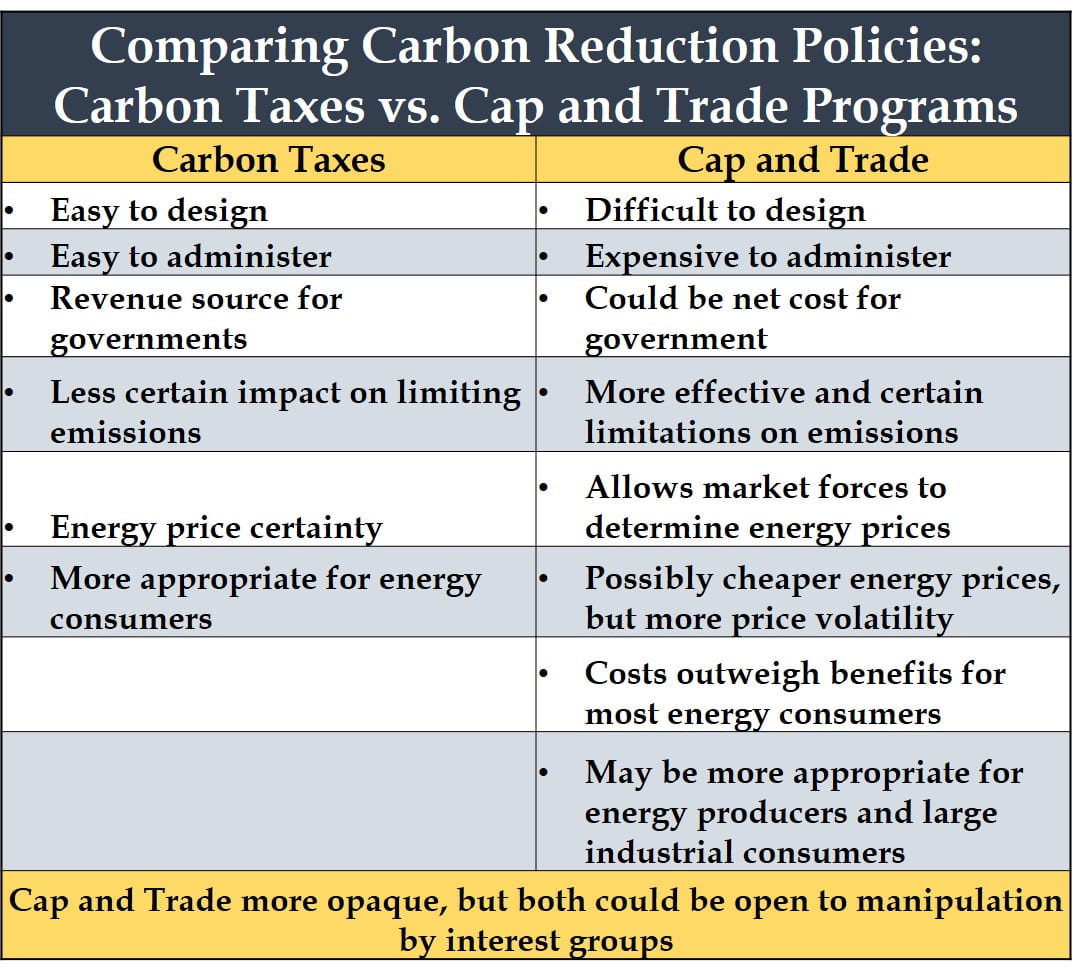
Carbon Taxes And Cap And Trade State Policy Options Muninet Guide

The Pros And Cons Of Carbon Taxes And Cap And Trade Systems Semantic Scholar

The Pros And Cons Of Carbon Taxes And Cap And Trade Systems Semantic Scholar
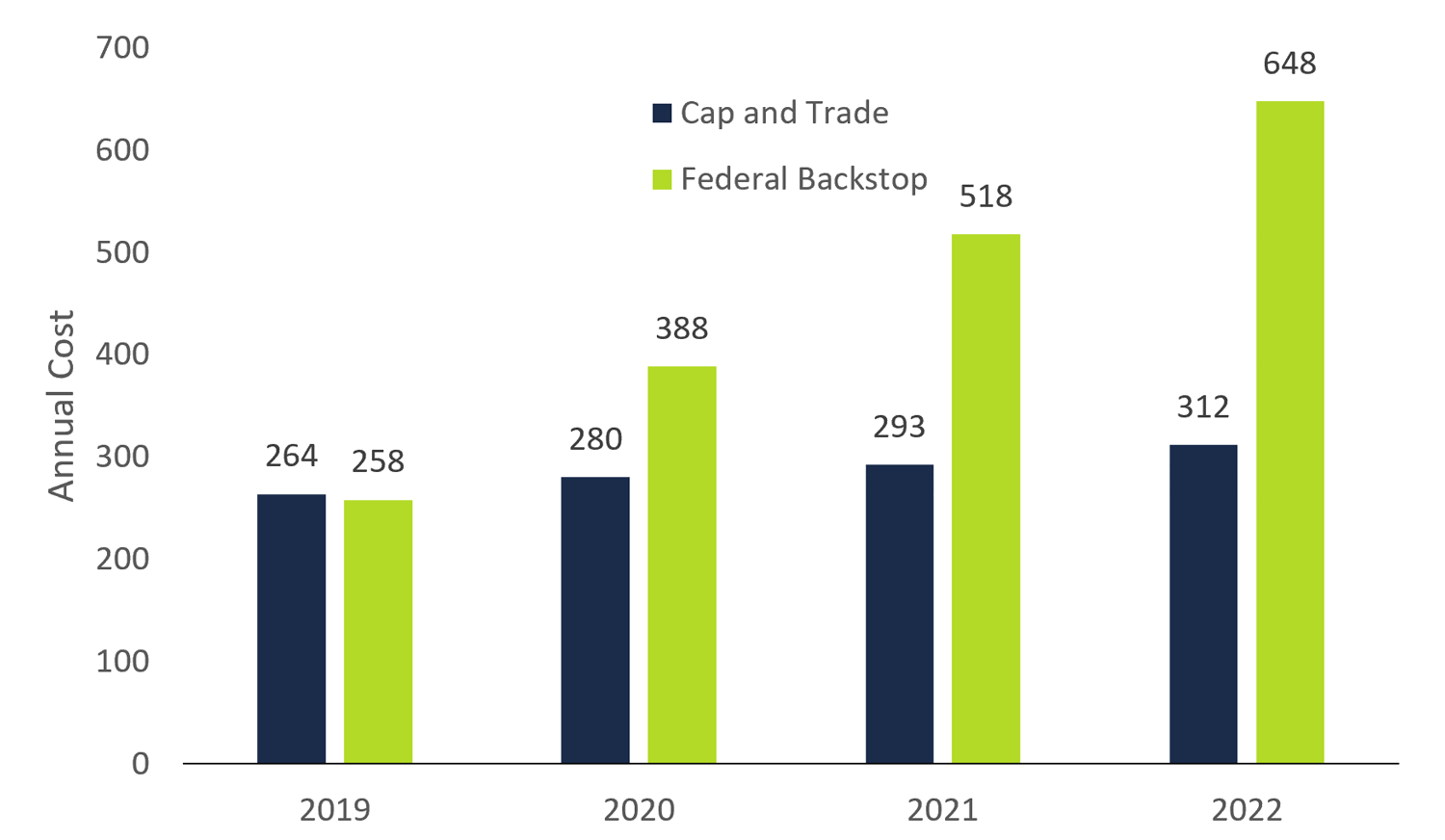
Cap And Trade A Financial Review Of The Decision To Cancel The Cap And Trade Program
Carbon Tax Vs Cap And Trade Which Is Better R Economics

The Case For A Border Adjusted Carbon Tax
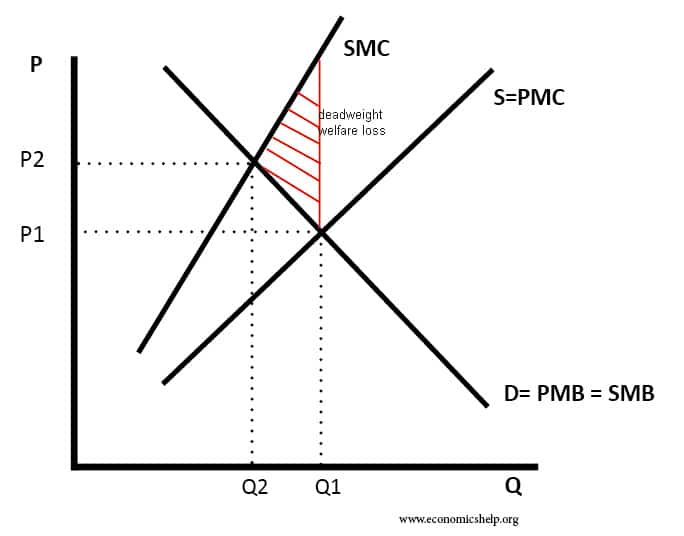
Carbon Tax Pros And Cons Economics Help

The Pros And Cons Of Carbon Taxes And Cap And Trade Systems Semantic Scholar

How To Price Carbon Cap And Trade Vs Carbon Tax Office Of Sustainability Student Blog